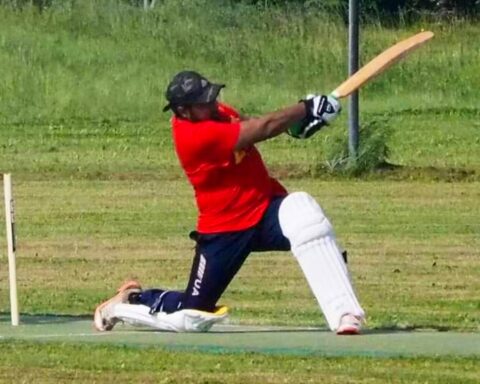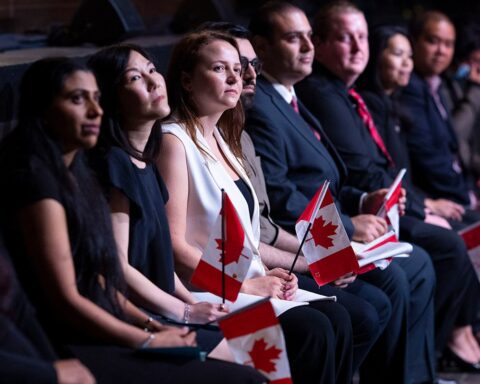Three cheers for Saudi Arabia! The conservative Kingdom has ruled that women can now drive and no longer need to be accompanied by a mahram (essentially a male guardian) when they are in a car. Many are celebrating this decision although some conservative killjoys have accused the government of ‘bending the rules of Sharia’. Some have joked that the country has finally joined the 20th century.
That quip is actually more accurate than might appear at first reading. In many ways – socially, religiously, ideologically – Saudi is stuck not in the 20th century but in the 18th century, and, truth be told, in the seventh century. The 18th century is a reference to the pact made between the up and coming Al Saud family and a bunch of ultra-conservative clerics headed by Muhammad ibn Abd-al-Wahhab whereby the Al Sauds took care of people’s economic and political well-being while the ‘Wahhabis’ looked after their souls.
By that, I mean, they imposed an austere, joyless interpretation of Islam that they claimed was void of what they saw as all the alterations and aberrations that had entered into the faith since the time of the Prophet Muhammad in the early to mid-600’s. Wahhabi Islam is rejected by the vast majority of the world’s Muslims and would have remained an insignificant blip on the international stage had it not been for the 1970’s oil crisis and the gazillions of dollars that flowed into Saudi coffers, only to be redirected worldwide in the spread – through mosques and schools – of this hateful and intolerant version of Islam.
There really is no other way to look at Saudi Islam and it is undeniable that the vitriol inherent in Wahhabism is directly responsible for a huge part of the ideology that became Al Qaeda and the Islamic State.
So what are the Saudis doing about all this? After all, the Kingdom has suffered from jihadi attacks itself and one would think that the regime does not want or like to be tainted with any association with a violent bunch of terrorists. It is an open debate, though, whether Saudi Arabia really cares what outsiders think in light of its massive wealth and still rather closed society. Here the news is both good and bad.
On the good side, the government has been cracking down on ‘preachers of hate’ and dismantling their ability to spread their message. Many have also been arrested and Saudi security forces have successfully foiled many terrorist plots. The ‘reform’ programme – and I use the term loosely – of King Salman and, probably more importantly, his son and second-in-line for the throne Crown Prince Mohammed bin Salman is ambitious in scope and must be seen as a move in the right direction. Whether it actually achieves much and how the Wahhabi clerics react to it will bear watching.
The decision to allow women to drive should be seen through this prism.
On the other hand, Wahhabi influence is still growing in places like South Asia and Southeast Asia, as clerics continue to influence the locals, including children in madrassas and pesantren (what they call madrassas in Indonesia). Saudi economic weight is clearly playing a role here as the Kingdom can offer education and religious instruction to countries where there simply isn’t enough room in the budget to do so.
Saudi Arabia is also incontrovertibly involved in massive human rights violations in Yemen, where it has been mired for years in a civil war that it tries to paint as a necessary struggle to prevent Iranian (read: Shia) infiltration into the Arabian Peninsula. The Gulf kingdom is trying to quash attempts to have independent, neutral observers carry out investigations in Yemen to determine the scale of suffering and point fingers at those responsible for it.
Speaking of the Shia, Saudi police and the military continue to mount ‘counter terrorism’ operations in the country’s Shia-dominant eastern provinces. While there certainly are violent extremists in the region, a lot of the violence is state-imposed and driven by the Wahhabi belief that the only good Shiite is a dead one.
It is thus a bit of a mixed bag when it comes to Saudi Arabia and terrorism. The Kingdom talks the talk and is involved in some worthwhile national, regional (not Yemen) and international counter-terrorism initiatives. But, as long as Wahhabi Islam is the dominant form of Islam practised in the country and spread through Saudi ‘benevolence’ worldwide, that nation must be seen as both part of the solution and a big part of the problem.
What then do we in the West do? The unfortunate answer, for the time being, is ‘not much’. We cannot ignore Saudi Arabia, we cannot tell it what to do, we cannot isolate it and we cannot pretend that it is not behind the contagion of hateful Islamic teachings. In other words, we are damned if we do nothing and damned if we do something (if anyone has a better idea please e-mail me).
Last week, I was a guest lecturer in a graduate course on terrorism offered by my friend Thomas Juneau at the University of Ottawa. The class was discussing the nature of the U.S. relationship with Saudi Arabia and the consensus seemed to be that Washington has no choice but to guarantee the Kingdom’s existence and remain a close ally because all the alternatives are worse (if Saudi Arabia decides to move closer to Russia or China, going in an even more radical direction, etc.).
That is what has been termed Sophie’s Choice – where either decision is unbearable. And that is seldom a good place to find oneself.
Phil Gurski has worked for more than three decades in Canadian intelligence, including 15 with the Canadian Security Intelligence Service (CSIS). His latest book The Lesser Jihads is now available online and in bookstores.
Phil Gurski is a former terrorism analyst at the Canadian Security Intelligence Service (CSIS). He specializes in radicalization and homegrown Al Qaeda/Islamic State/Islamist-inspired extremism and has published several books, including the forthcoming When Religions Kill: how extremists justify violence through faith.” He is a member of New Canadian Media’s board of directors.





